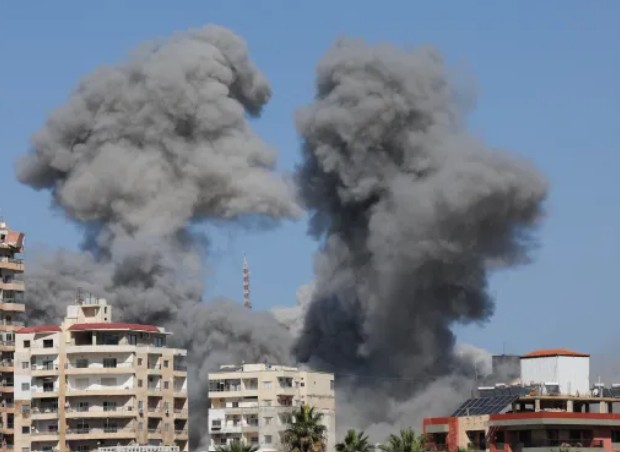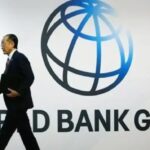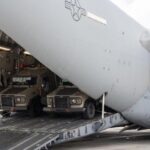The Israeli military has confirmed the targeted killing of a top Hezbollah commander in southern Lebanon, amid a fresh wave of Iranian missile attacks that injured over 20 people across Israel’s north and south.
In a statement released early Friday, the Israel Defense Forces (IDF) said it conducted a precision drone strike that eliminated Mohammed Khader al-Husseini, a senior Hezbollah operative who allegedly coordinated multiple rocket assaults on Israeli towns along the northern border.
The strike took place in Shabriha, near Tyre, an area long believed to be a Hezbollah stronghold.
Who Was Mohammed Khader al-Husseini?
Al-Husseini was described by the IDF as the head of Hezbollah’s firepower unit in the Litani River area, a region that has seen increased militant activity in recent weeks. The military said al-Husseini was directly responsible for orchestrating strikes on Nahariya, Haifa, and several northern Israeli towns.
“His elimination sends a clear message: Israel will not tolerate attacks on its civilians,” said IDF spokesperson Brig. Gen. Daniel Hagari.
In what appears to be a coordinated retaliation, Iranian forces launched a missile barrage overnight targeting several Israeli cities, including Beersheba, Ashkelon, and Haifa.
One missile struck a residential area in Beersheba, sparking fires and damaging multiple apartment buildings. Footage captured by local media showed fire crews and ambulances rushing through smoke-covered streets.
At least 22 civilians were injured in the attacks, according to Israel’s Ministry of Health, with five in critical condition.
“We were sleeping when the explosion rocked the building,” said Yitzhak Levi, a Beersheba resident. “I grabbed my children and ran to the shelter.”
The latest developments mark a dangerous escalation in the Israel–Iran conflict, with analysts warning that both sides are inching closer to a full-scale regional confrontation.
Military experts believe that Hezbollah’s actions in Lebanon are coordinated with Iranian strategic interests, and the elimination of a key field commander could further provoke militant reprisals.
Meanwhile, Israeli Prime Minister Benjamin Netanyahu has vowed that the country will “respond with overwhelming force” to any attack on its territory.
“Iran’s aggression will not go unanswered. We will defend our people and our future,” Netanyahu said during a visit to Soroka Medical Center, where several of the wounded are being treated.
International Reactions
The United Nations has called for de-escalation, with Secretary-General António Guterres urging both parties to “exercise maximum restraint.” The United States reaffirmed Israel’s right to self-defense but also called for diplomatic engagement.
China and Russia, both major players in Middle Eastern diplomacy, have condemned the violence and offered to mediate.



